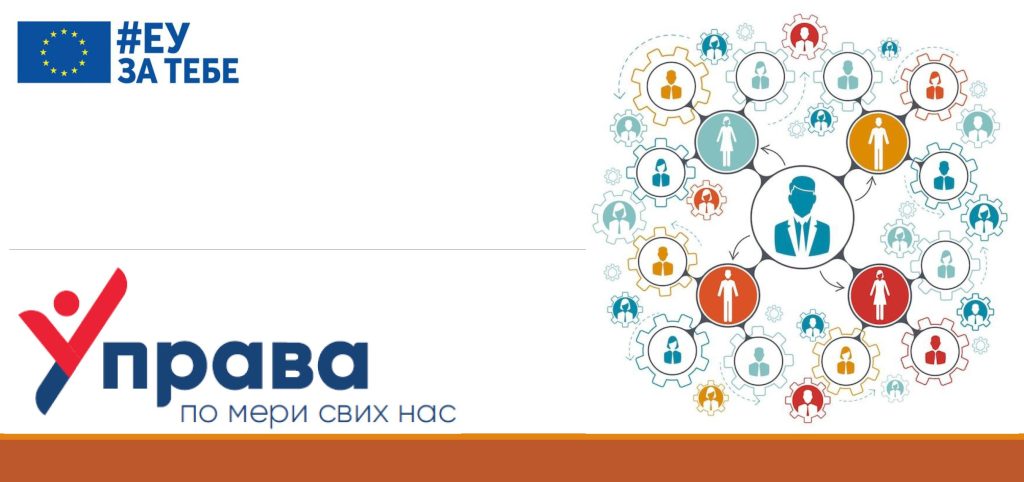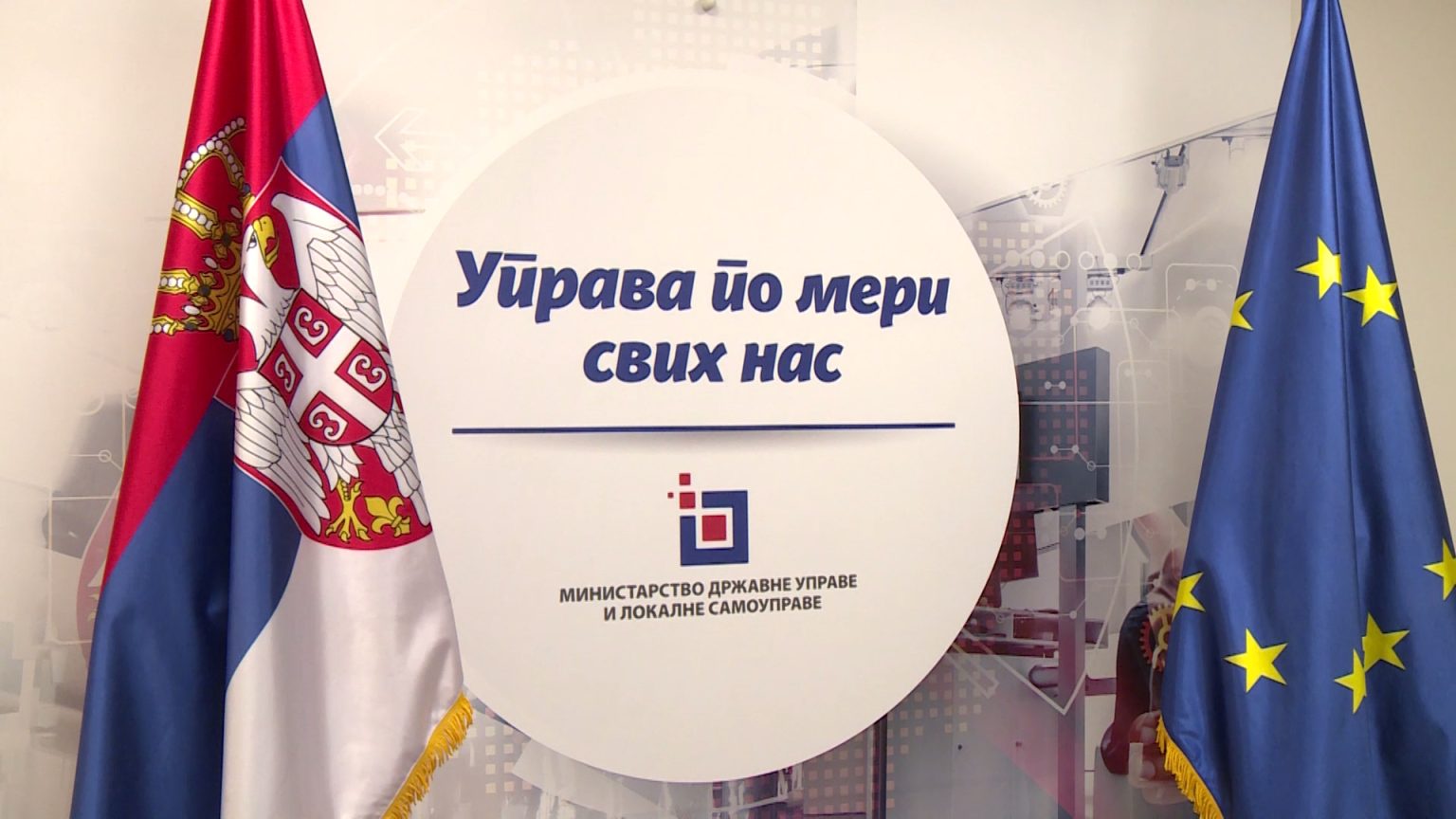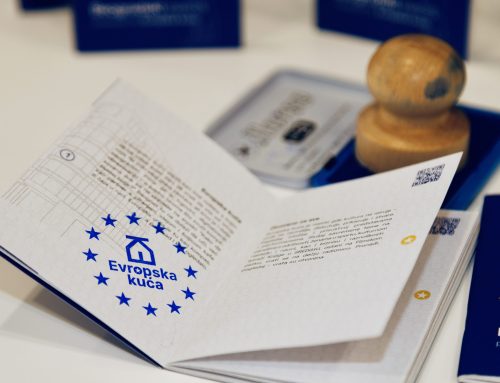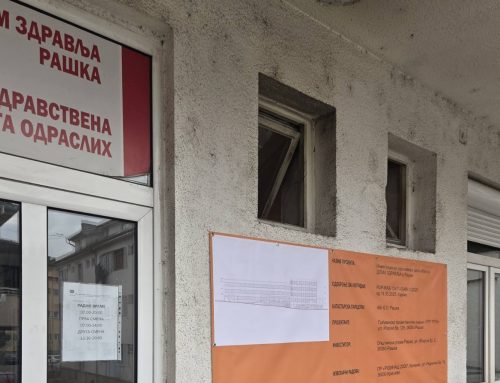To improve the quality of public services for all citizens, enhance efficiency, and save time and resources, it is essential to modernize the work of public servants and the systems managing human resources functions. Serbia and the EU are working together on innovations through the establishment of a modern system for monitoring and evaluating human resources functions, improving competency frameworks, and enhancing work organization.
The EU-funded project Integrated Human Resources Management in Public Administration of the Republic of Serbia has completed its first year of implementation. Entering its second year in September 2024, the project continues to make significant progress in creating preconditions for improving human resource management (HRM) across Serbian public administration.

The project has devoted particular effort to the system for monitoring the performance of HRM functions – a crucial step in Serbia’s ongoing efforts to build a modern, data-driven HRM system. Significant progress has been made towards creating a sustainable monitoring and evaluation (M&E) system that tracks the implementation of HRM practices across public administration.
The project identified that in further developing of the Serbian civil service focus should be on its attractiveness and ability to handle workload and achieve targets. For this, 7 strategic level indicators and 29 other indicators for HRM processes, capacity, etc. were designed.
This set of indicators is the part of the M&E methodology under development and will enable targeted data collection that will provide insights into HR practices such as recruitment, performance appraisals, career development, learning and development, management quality, etc. within the civil service. To gain firsthand knowledge from an EU member state on how such modern M&E systems function in practice, representatives from the Ministry of Public Administration and Local Self-Government (MPALSG) and the Human Resources Management Service (HRMS) visited their counterparts in Portugal during a Study Tour in April 2024.

Good practices from other EU countries were also incorporated into the creation of the M&E system. One such valuable tool for collecting information on the functioning of HRM is the staff engagement survey, which has now been adopted for use in the Serbian civil service.
Another major project direction has been the enhancement of the competency framework, which is essential for reasonable and fair matrix of skills and abilities needed for civil servants in different positions, and serves as the foundation for a professional and efficient public administration. Working with the MPALSG and HRMS, project team reviewed and proposed adjustments to the existing competency framework. “To have the right person in the right position should be the ambition of every organisation’s HR department,” emphasized Project Team Leader Edvardas Žukauskas.
“I am confident that our proposals to change the competency model will help civil service organisations to achieve this goal. On the other hand, for civil servants themselves, who will be able to see more clearly the competency requirements for specific positions, this will help them to plan their career paths more clearly and to develop their skills and competencies in a targeted way.”
As the project enters its second year, the focus will remain on further development of the M&E methodology and continuing work on the enhancement of the competency framework for the civil servants. The project team will also work on career advancement proposals and take practical steps forward by piloting the talent management career model which will be the key milestone in future application of the talent management strategy. Ultimately, these efforts – a part of the public administration reform process in Serbia – are designed to create a more efficient, transparent, and accountable public administration that better serves the citizens of Serbia.
So far, Serbia has received more than EUR four billion in grants from the European funds, of which EUR 215 million were spent solely on public administration reform. Annually, around EUR 200 million are allocated from the pre-accession IPA funds for public finance management and improving the work of local self-governments and independent institutions. Public administration reform is one of the most important elements of Serbia’s EU accession process, and in 2014 it was also put on the forefront of the negotiations. A modern and professional public administration is a key element for every EU member state in order to effectively implement laws and transparently manage funds from the EU funds.




